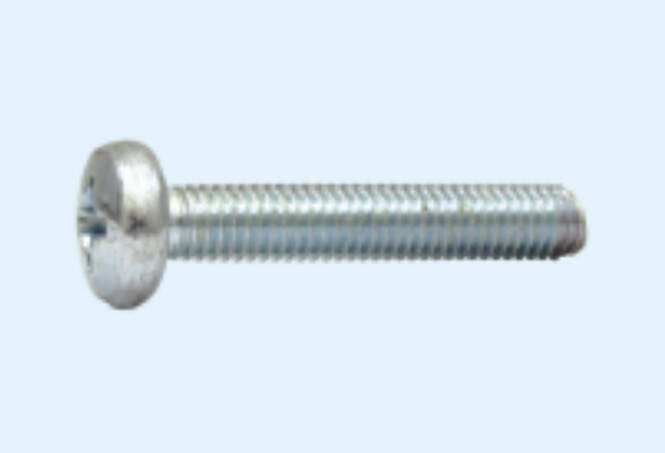Types of Screw Threads and Fastener Threads
June 21,2022
OEM Chipboard Screws,OEM Furniture Nut Screw,Tapping Screws supplier
Screw threads are the ridges of a uniform section in the form of a helix on a cylindrical fastener's external or internal surface. Internal threads denote those on nuts and tapped holes, while external threads are those on bolts, studs, or screws.
The three standard thread series in the Unified screw thread system that are considered very important for fasteners are UNC (coarse), UNF (fine), and 8-UN (8 thread).
Fine threads have larger stress areas which make the bolts stronger in tension. Their larger minor diameters create higher torsional and transverse shear strengths. They also can tap better in thin-walled members. With their smaller helix angle, they allow for closer adjustment accuracy.

Coarse thread has stripping strengths that are greater for the same length of engagement. They have improved fatigue resistance and are less likely to cross thread. Coarse thread is also known for quicker assembly and disassembly, and to tap better in brittle materials. Their larger thread allowances permit thicker platings and coatings.
Unified National Coarse Threads
Unified National Coarse threads, UNC threads, are the most common general fastener thread. Their fit is deeper and more generic than that of a fine thread, allowing for easy removal. Generally, they have a higher tolerance for manufacturing and plating, and do not need cross threading to assemble.
Unified National Fine Threads
Unified National Fine nuts and bolts have better torque-locking and load-carrying ability than UNC threads because of their larger minor diameter. Because of their more specific fit, they have tighter tolerances, finer tension adjustment, and can carry heavier loads. They are most commonly found in the aerospace industry.
United National Extra Fine Threads
A UNEF thread is finer than a UNF thread; they are used in applications with tapped holes in hard material, thin threaded walls, and tapped holes in thin material. As with UNF threads, UNEF threads are common in the aerospace industry.
UNJC and UNJF Threads
There are two types of “J” threads: external and internal. External UNJC and UNJF threads have a larger root radius than the corresponding part (either UNC, UNR, UNK, or UNF threads). The larger root radius results in a larger tensile area than the corresponding thread, and smaller stress concentration—bolts that carry heavy loads usually use “J” threads.
UNR and UNK Threads
A UNR external thread is the same as a UNC thread, only the root radius is rounded. There is no internal UNR thread. UNK threads resemble UNR threads, but the root radius and minor diameter require inspection.
Constant-Pitch Threads
These threads come in a variety of diameters to fit a given application—bolts with diameters of 1 in. and above commonly use pitches of 8, 12, or 16 threads per inch.
Conclusion
Above, we have looked at the different types of fastener threads, explained their applications, and their advantages and disadvantages. We hope this information has been helpful to you in your supplier search. To learn more about industry, or to make your own custom shortlist of suppliers, feel free to visit our website, which has information on other similar products.
For more information about OEM Chipboard Screws,OEM Furniture Nut Screw,Tapping Screws supplier, we are glad to answer for you.